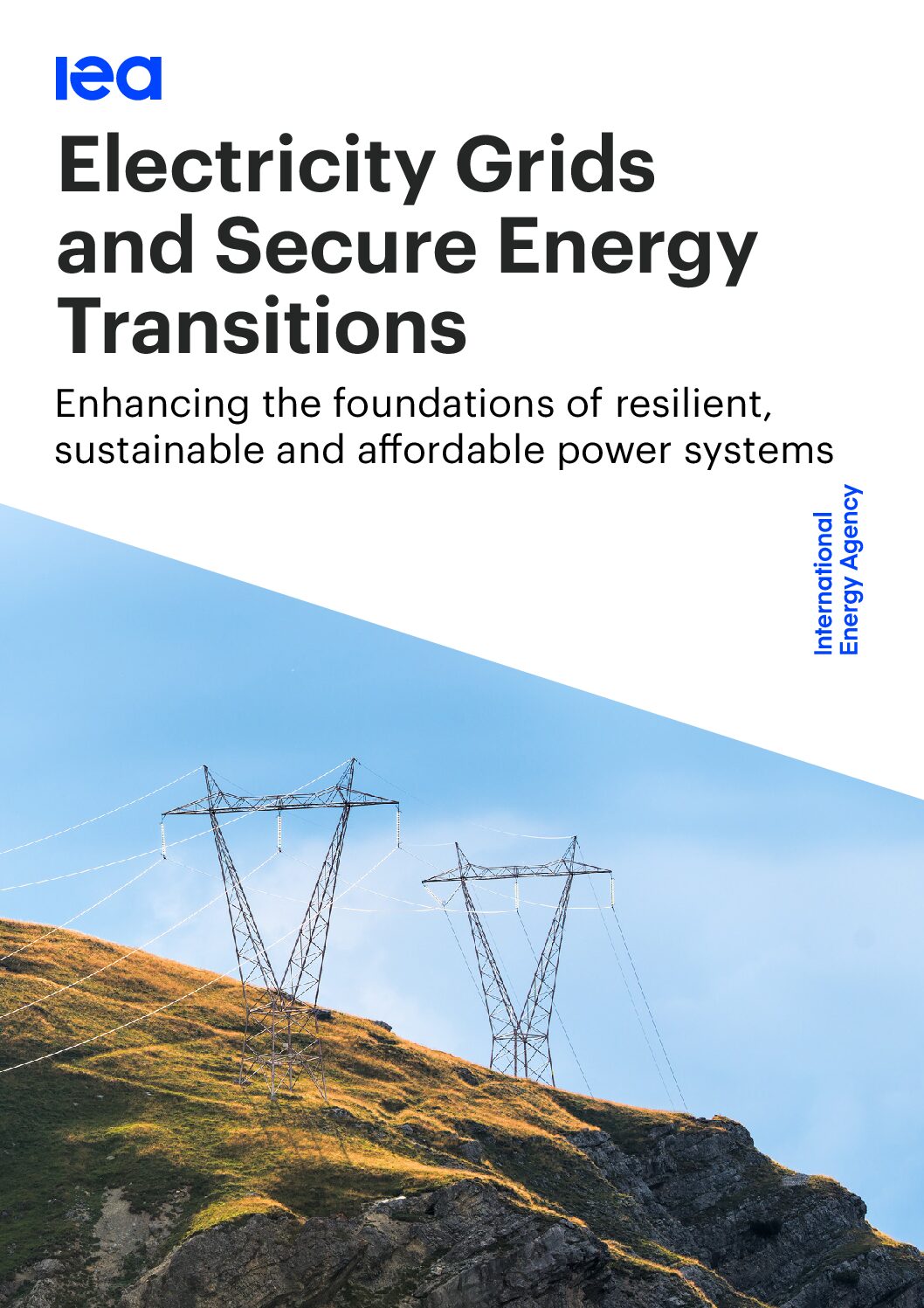This guide provides principles and step-by-step instructions for the establishment of regional/national networks for women working in energy
This report provides concrete instructions on how to develop a gender-sensitive energy policy.
Institutions all over the world are setting up microcredentials in responses to calls from governments and industry: short courses, usually offered online by accredited institutions, with an emphasis on the needs of the workplace. They are also often used for retraining and upskilling. This book explains how to start offering microcredentials as an academic institution.
This guide aims to accelerate the flexibility and responsiveness of learning systems by providing guidance on the design, issue and recognition of micro-credentials.
This article provides an introduction to ESG and its relevance to the energy transition.
This report highlights the economic, social and environmental benefits that energy and transport sector-coupling and a transition towards EV- and RE-based, efficient systems can create in small island settings, and provides tools for the planning of such a transition.
This article explores how the energy system of a region of Denmark will have to develop to accommodate high shares of distributed renewable energy generation.
This report takes stock of the status of electricity grids around the world and examines the upgrades required to physical infrastructure and grid planning to facilitate the energy transition.
This report examines the critical role of modeling for transmission planning for energy transitions.
This article assesses the opportunities provided by digital monitoring, reporting and verification (dMRV), which can facilitate real-time tracking of the use and fuel sales from clean cooking products, thereby increasing the integrity of emissions reduction claims.





